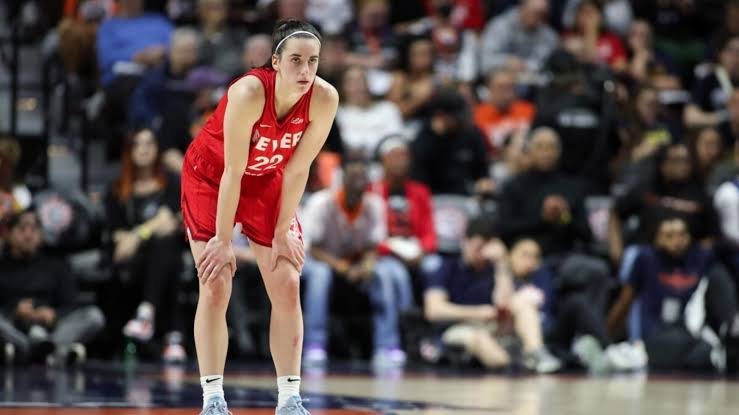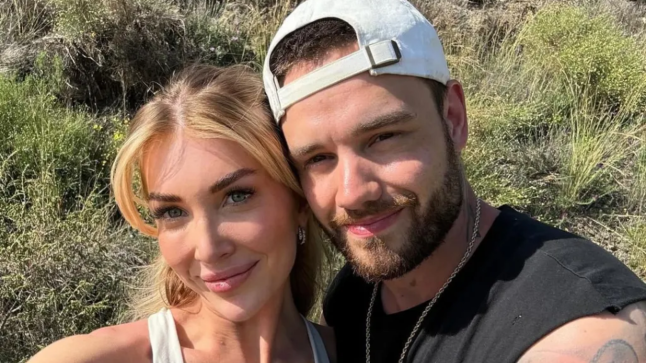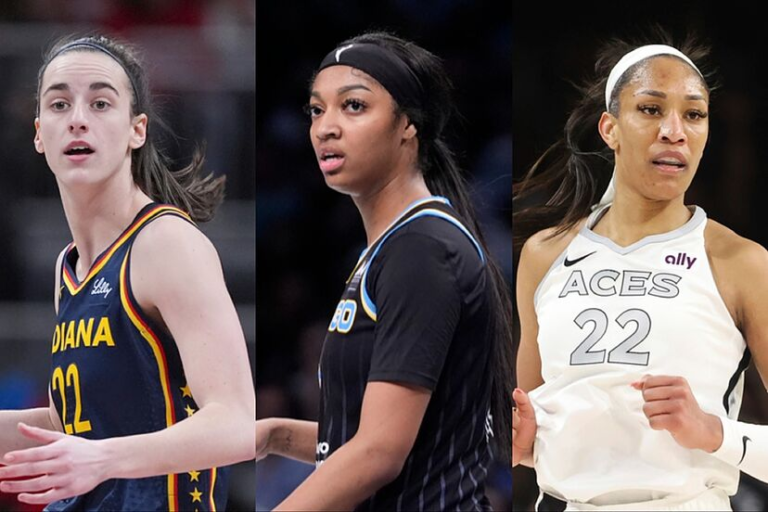
Caitlin Clark, the 2024 WNBA Rookie of the Year and Indiana Fever star, has quickly become a household name in sports, both on and off the basketball court. Known for her exceptional playing skills, Clark has expanded her influence by entering the world of public speaking, where she commands a significant fee for her virtual sessions. Reports indicate that Clark charges a minimum of $100,000 for a 30-minute speaking engagement. Over the past year, she has participated in several such events, bringing in a minimum of $600,000—more than seven times her annual WNBA salary of $76,535.
To put things into perspective, this speaking fee alone surpasses Clark’s entire four-year contract with the Fever, which totals $338,056. Clark’s ability to earn such sums for just half an hour of her time underscores her marketability and growing influence beyond basketball. Her rise to prominence began during her college career at Iowa, where her scoring prowess and unshakable confidence made her a fan favorite. Now, as one of the brightest stars in the WNBA, she has found a new avenue to leverage her fame: motivational speaking, where she shares valuable insights on leadership, resilience, and her basketball journey.
This stark contrast in earnings between Clark’s athletic career and her speaking engagements brings attention to the broader financial challenges faced by many WNBA players. While NBA players are able to secure massive contracts, many WNBA stars rely on side income from endorsements, sponsorships, and speaking opportunities to supplement their pay. Caitlin Clark has demonstrated an adeptness at monetizing her personal brand, proving that athletes can find financial success even outside their primary sport.
Clark’s six-figure speaking engagements have sparked a wave of admiration among fans. Many view her as a trailblazer for female athletes, showcasing how they can utilize their platform to create multiple income streams. This has also highlighted the significant pay gap between the WNBA and other professional sports leagues. While the WNBA continues to work toward improving player salaries, Clark’s success with public speaking illustrates the potential for female athletes to thrive in various industries, particularly when they capitalize on their popularity and leadership skills.
As Clark prepares for the 2025 WNBA season, her influence extends far beyond the basketball court. Whether she is scoring high points in a game or inspiring a virtual crowd with her words, she continues to redefine what it means to be a modern athlete. Clark’s success both as a player and a public speaker exemplifies the power of building a strong personal brand and creating opportunities for growth. In doing so, she is setting a powerful example for future generations of athletes to follow.




